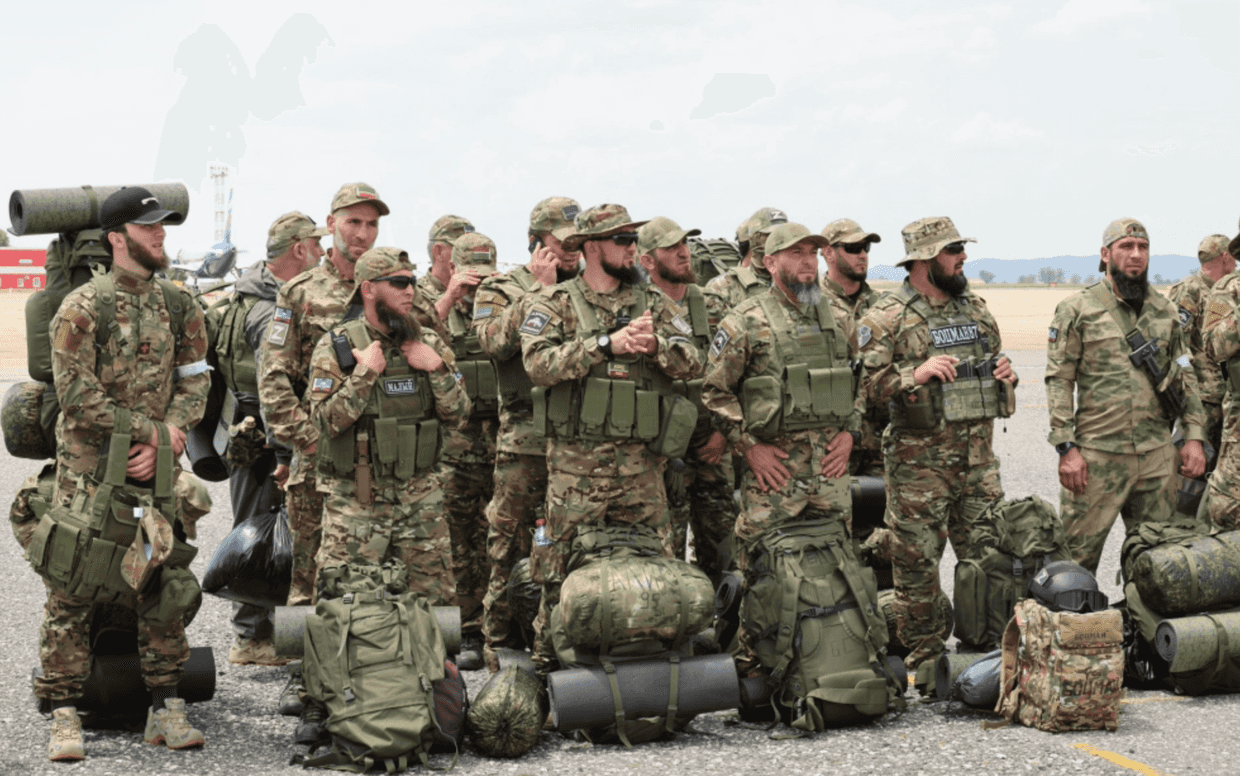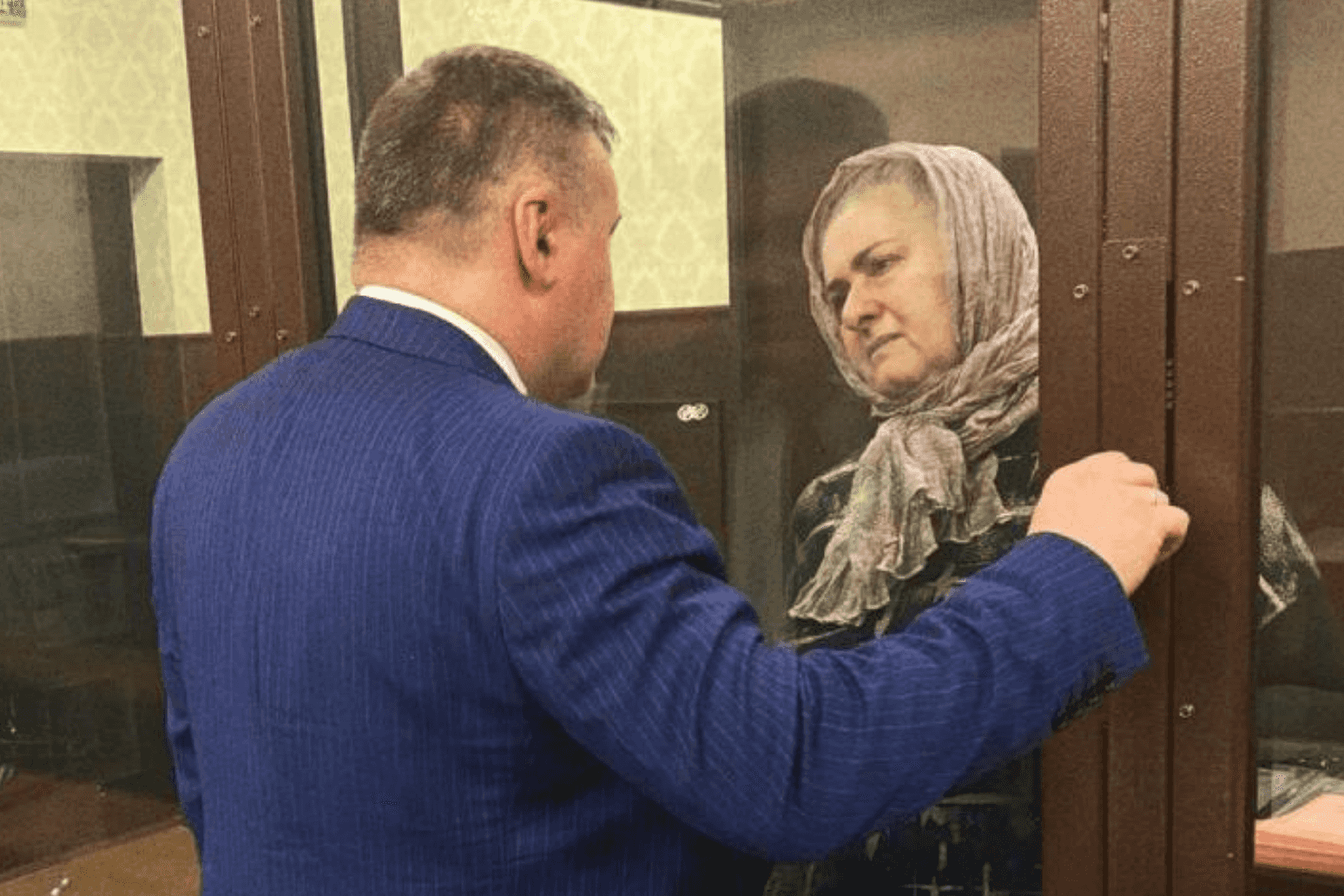
A new wave of kidnappings-for-ransom by Chechen law enforcement was reported on 4 February by the opposition Telegram channel Niyso. At least one kidnapped person was killed during their abduction, the human rights organisation Vayfond said.
On 31 January, according to Niyso, two residents of Dyshne-Vedeno, identified only by their surnames, Dikiev and Misirov, were kidnapped. Later, Niyso said that the father of the kidnapped Dikiev, Siddik Dikiev, had given himself as ransom for his son.
Instead of a typical monetary ransom, Siddik Dikiev will reportedly now have to sign a military contract and go to war in Ukraine.
In addition, Mansur Sulumov, a 15-year-old resident of the village of Alkhan-Kala, was kidnapped in Chechnya in early February, Niyso reported. According to the channel's sources, Sulumov is being held illegally on the territory of Grozny's Oktyabrsky District Department of Internal Affairs. The reason for the kidnapping, according to Niyso, was related to social media posts that Sulumov had liked.
‘Locals often tell us that the kidnappings we know of are not even 10% of the actual number’, a Niyso spokesperson told OC Media.
The spokesperson said that Chechen security forces usually have lists of ‘problematic’ people who have previously been caught for some minor offences or even have already served time in prison. Usually, according to the Niyso representative, people who end up on these lists are then kidnapped.
‘In addition, law enforcement officers actively organise raids with phone checks, during which they can find some [social media] likes and take the people into detention for it. Also, when they find out that someone has [any outstanding criminal offence], they take him away. But they can also take a guy just walking down the road’, Niyso said.
According to him, the recent increase in the frequency of kidnappings may be connected with the formation of new regiments and units in Chechnya, which are being staffed with conscripts, some of whom are being forced to join.
‘People don't want to go to work in law enforcement, to go to war even less so. So the Russian regime simply has to kidnap people and force them to enlist. Some of them later end up at the front [in Ukraine]. For example, we learnt yesterday that two men who were kidnapped a few months ago are now working at the Khankala base [in Chechnya]. They are probably being held there while they wait for the unit they are enlisted in to fill up’, a Niyso spokesperson told OC Media.
According to the spokesperson, Chechen law enforcement officers are key figures in the kidnappings and have turned the practice into a business. The Niyso spokesperson claims that setting up regiments and sending people to the front is lucrative, as all the cash bonuses intended for the ‘volunteers’ end up being stolen by Chechen security officials and subsequently divvied up to enrich themselves.
‘They say that in WhatsApp groups, operatives share photos or names and argue among themselves about who will [abduct the proposed target for kidnapping]. The cost of ransom varies from ₽200,000 to 2-3,000,000 ($2,000 to 20-30,000). But in some cases, you can try to get the freedom of loved ones through relatives who work in [law enforcement]’, the Niyso representative said.
Speaking to OC Media, the Niyso representative claimed that the spate of kidnappings for ransom is not directly related to Chechen Head Ramzan Kadyrov, but rather a deeper issue inherent and endemic to the modern system of Russian law enforcement.
‘The narrative in which all the blame is blamed on the local “sultan” [Kadyrov] is favourable to the Kremlin. However, everything that is happening is happening in front of the eyes of the FSB [Russia’s Federal Security Service] and its head, Dmitry Kechkin. Without his approval, such repressions would not be possible’.
Mass ‘mop-ups’ began in Chechnya after an attack on a Rosgvardiya convoy on 26 October, during which two soldiers were killed. According to human rights activists, ‘hundreds of people’ have been detained in the Grozny district. Upon their arrest, those detained were offered a stark choice: enlist to join Russia’s full-scale war in Ukraine, or go to prison on falsified charges.
Human rights activists and journalists have been claiming for years about secret prisons organised in Chechnya, where people are subjected to torture and extrajudicial executions. Kadyrov and other Chechen officials have long denied their existence.











